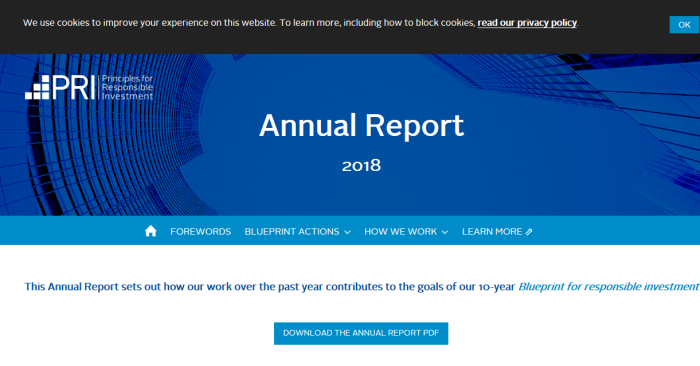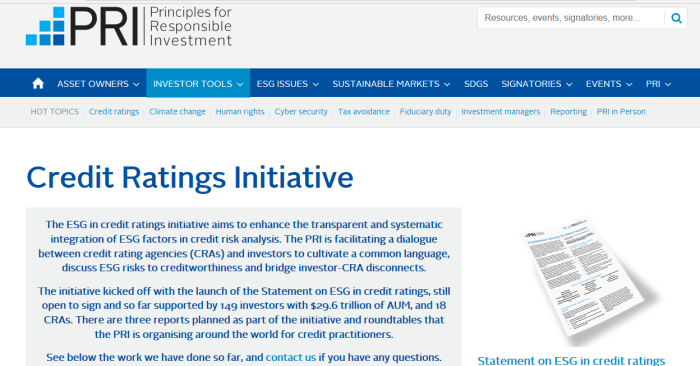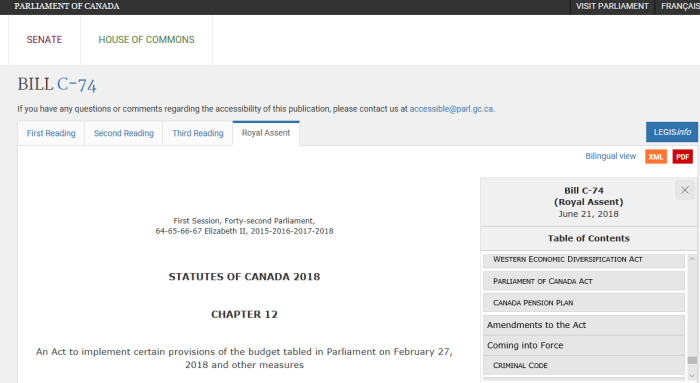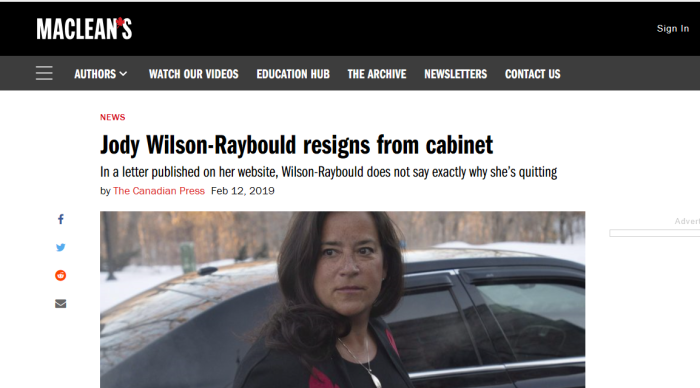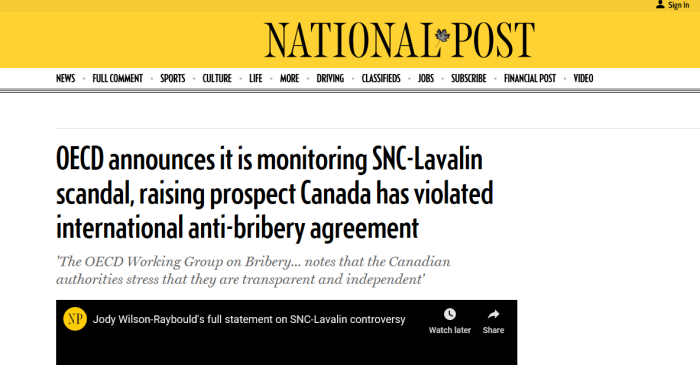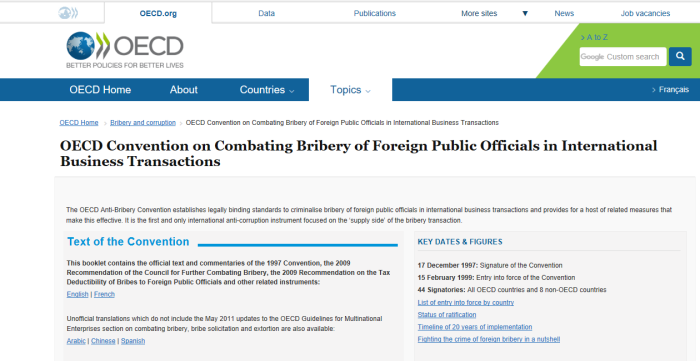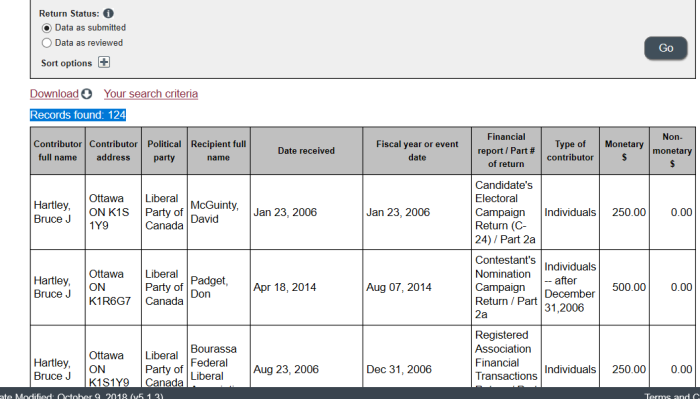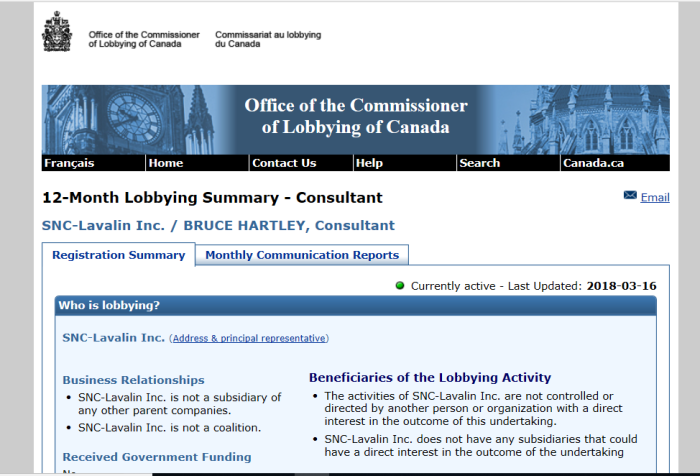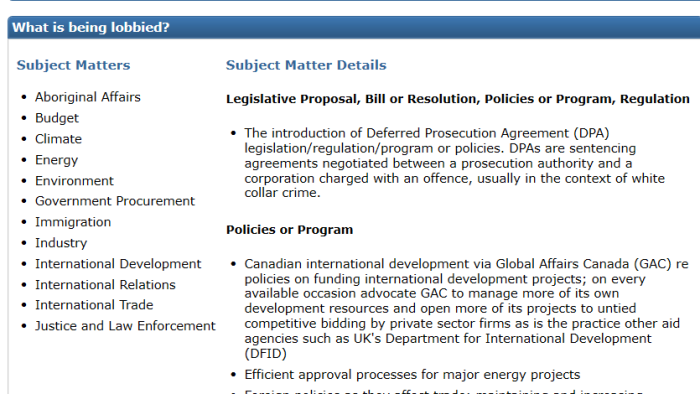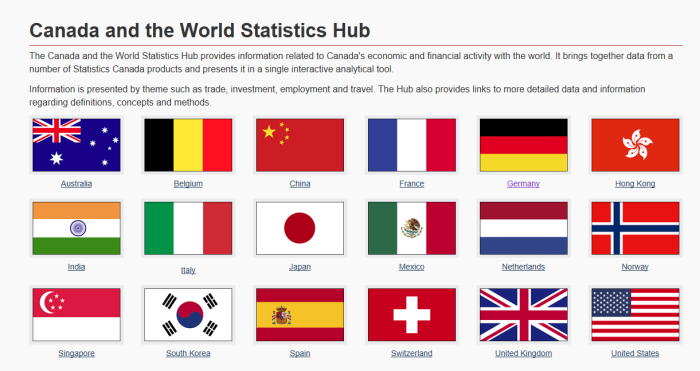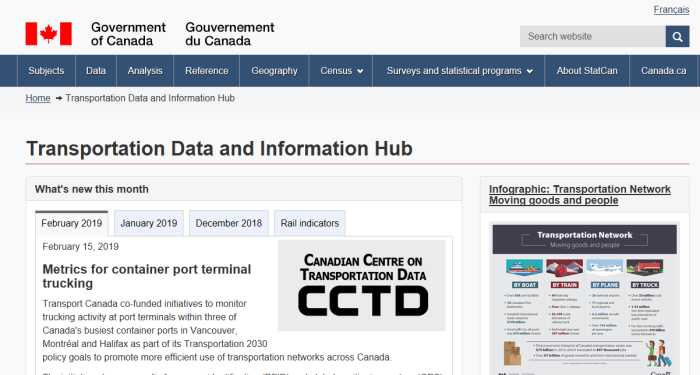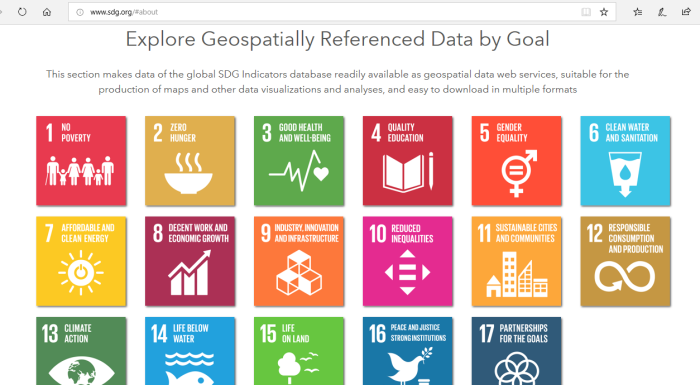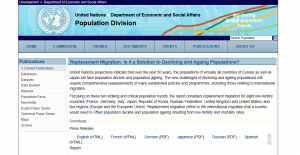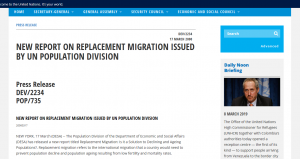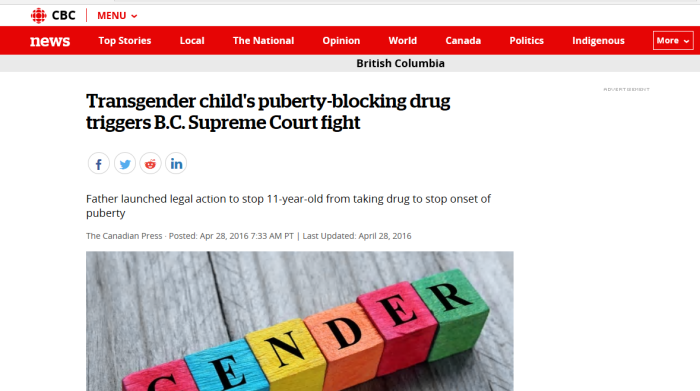
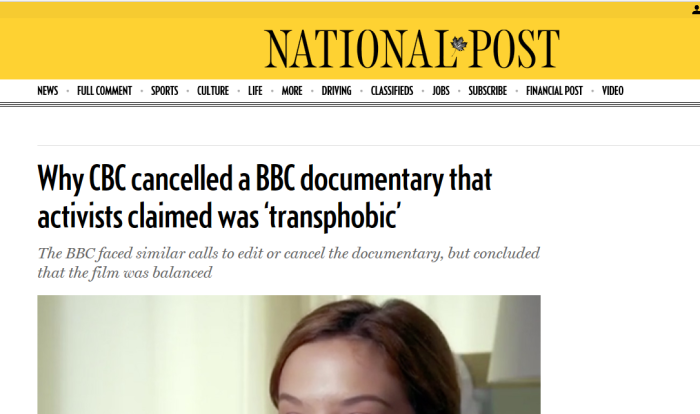
https://www.youtube.com/watch?v=FvtLOqyw95E
1. Important Links
(1) https://www.canlii.org/en/bc/bcsc/doc/2019/2019bcsc254/2019bcsc254.html
(2) http://archive.is/sJs12
(3) https://www.canlii.org/en/bc/bcsc/doc/2019/2019bcsc1057/2019bcsc1057.html
(4) http://archive.is/of5UU
(5) https://www.canlii.org/en/bc/bcca/doc/2019/2019bcca256/2019bcca256.html
(6) http://archive.is/O4UGr
(7) http://www.bclaws.ca/civix/document/id/complete/statreg/169_2009_01
(8) http://www.bclaws.ca/civix/document/id/complete/statreg/96223_01
(9) https://www.newsweek.com/transgender-women-transgender-men-sex-change-sex-reassignment-surgery-676777
(10) https://www.canlii.org/en/ca/scc/doc/1994/1994canlii117/1994canlii117.pdf
2. Ban On Publishing Identities
Restriction on publication: Order sealing court records in effect. There is a
publication ban imposed by orders of this court restricting the publication, broadcast
or transmission of any information that could identify the names of the parties
referred to in these proceedings as A.B., C.D., E.F., G.H., I.J., K.L., M.N., O.P.,
Q.R., S.T., U.V. and W.X. This publication ban applies indefinitely unless otherwise ordered.
The story can be made public, but not the names.
3. Review Of Ruling, 2019
Introduction
.
[1] Three applications are before the court.
.
[2] The first is by “A.B.” who was born on October 18, 2004. He is described as a transgender boy who was assigned female at birth.
He has commenced proceedings by Notice of Family Claim and now applies for various orders under the Family Law Act, SBC 2011, c 25, the most important one being that the court find it to be in his best interests to undergo medical treatment for gender dysphoria including hormone treatments.
.
[3] The second application is by C.D., who is A.B.’s father. He has filed a Petition now seeks an interlocutory injunction until April 5, 2019, when the Petition may be heard, by way of an order extending an injunction granted by the Provincial Court of B.C. that restrains gender transition treatments for A.B. until February 19, 2019. The order by the Provincial Court has been extended by this court until this decision is released.
.
[4] The third application is for an order anonymizing the names of some of the parties in these proceedings and counsel for A.B. and an order banning the publication of anything that could lead to the identification of the parties. A.B.’s mother is referred to in these reasons as “E.F.”
.
[5] These reasons reflect the brevity of the submissions made to the Court and the need for this decision to be released expeditiously.
Okay, three linked petitions:
A/ Child wanting to under hormone treatement
B/ Extending an injunction
C/ Privacy of the parties
Rule 10-9 — Urgent Applications
When Applications May Be Heard on Short Notice
.
Short notice
(1)
Without limiting subrule (6), in case of urgency, a person wishing to bring an application (in this subrule and in subrules (2) to (5) called the “main application”) on less notice than would normally be required may make an application (in this subrule and in subrules (2) to (4) called the “short notice application”) for an order that the main application may be brought on short notice.
.
How to make a short notice application
(2)
A short notice application may be made by requisition in Form F17, without notice, and in a summary way.
.
Rule 10-11 — Final Orders in Defended Family Law Cases
.
Final orders in defended family law cases
(1)
To obtain a final order, other than at trial, in a defended family law case begun by the filing of a notice of family claim, a party must apply by way of summary trial in accordance with Rule 11-3.
Under BC Supreme Court Family Rules, 10-9 allows parties allows applications to be brought on short notice, but stipulates that a summary trial (abbreviated trial) is the method that must be used.
“[11] A.B. was born on October 18, 2004. Since age 11, A.B. has gender identified as a male. He informed his school counsellor of that when he was 12 years old and in Grade 7.
.
[12] He is presently enrolled in Grade 9 at high school under his chosen male name and is referred to by his teachers and peers as a boy and with male pronouns. He has transitioned socially to being a boy. To respect his gender identity, in this decision, the court will refer to A.B. using male pronouns.
.
[13] With his mother’s help, A.B. sought medical assistance to allow him to begin a physical transition to a boy. He was seen by Dr. Wallace Wong, a registered psychologist experienced in treating children with gender dysphoria, on a number of occasions.”
I have sympathy for anyone with this condition. However, making permanent changes can do untold destruction and harm to adolescents who are still developing.
“[25]
Dr. Hursh expresses the view that the delay of hormone treatment is not a neutral option because A.B. is experiencing ongoing and unnecessary suffering and continued gender dysphoria. He opines that when youth are provided with affirming hormone therapy they may have an improvement of gender dysphoria and relief from other co-morbid mental issues. He says that they are also less likely to suffer from harassment and victimizations by others.
.
[26] Significantly, Dr. Hursh expresses his concern that continued delay in hormone treatment will place A.B. at risk of suicide.”
Except what will happen to the child if the dysphoria goes away? What if the child makes irreversible changes at 13 or 14, but then at 19 eventually “ages out” of it?
“[33] In her affidavits, A.B.’s mother states that she has serious concerns for A.B.’s well-being if he has to wait to begin treatment for his gender dysphoria. She says, “If his treatment is put on hold, I am terrified that A.B. will conclude there is no hope and will take his life.””
Again, I have sympathy for the child, but being suicidal if not allowed to modify a body in such an irreversible way?! There are bigger issues than just gender dysphoria.
[36] A.B. ’s father filed an affidavit with the court on February 11, 2019. He refers to a written agreement between him and A.B. ’s mother under the Family Law Act. Paragraph 1 of that agreement provides that each parent will exercise all parental responsibilities with respect to A.B. , “…subject to section 17 of the Infants Act, giving, refusing or withdrawing consent to medical dental and other health-related treatments for the child”
Here is section 17 of the Infants Act, which the Court is referencing. This relates to consent for medical treatment.
Consent of infant to medical treatment
17 (1) In this section:
“health care” means anything that is done for a therapeutic, preventive, palliative, diagnostic, cosmetic or other health related purpose, and includes a course of health care;
“health care provider” includes a person licensed, certified or registered in British Columbia to provide health care.
.
(2) Subject to subsection (3), an infant may consent to health care whether or not that health care would, in the absence of consent, constitute a trespass to the infant’s person, and if an infant provides that consent, the consent is effective and it is not necessary to obtain a consent to the health care from the infant’s parent or guardian.
.
(3) A request for or consent, agreement or acquiescence to health care by an infant does not constitute consent to the health care for the purposes of subsection (2) unless the health care provider providing the health care
(a) has explained to the infant and has been satisfied that the infant understands the nature and consequences and the reasonably foreseeable benefits and risks of the health care, and
(b) has made reasonable efforts to determine and has concluded that the health care is in the infant’s best interests.
The Judge also takes a shot at the Father, who opposes the medical treatment.
[43] There is some evidence that indicates the A.B. ’s father is somewhat disingenuous in seeking to present more scientific evidence relating to gender transition treatment. Rather, some evidence suggests that he has been delaying proceedings as a way of preventing his son from obtaining the gender transition treatment that he seeks.
The science is far from definitive. But even if it is true, the Father’s motivations are good, wanting the child to hold off longer, to see what develops. Remember, this is a child!
[50] Having said that, it still remains to consider whether further delay to allow the
father time to obtain more opinions is in the best interests of A.B.
.
[51] In my view it is not.
.
[52] The totality of the evidence regarding A.B.’s medical needs including the opinions of Dr. Wong, Dr. Hursh, Dr. Metzger, and Dr. Chapman, leads me to conclude that his hormone treatment should not be delayed further.
.
[53] The risks to A.B. of further delay have also been clearly identified by Dr. Metzger and A.B.’s mother both of whom are concerned that having previously attempted suicide, further delay may result in him attempting it again.”
The Judge doesn’t seem to realize that if the child is truly suicidal, other options should be explored at this point, rather than making body altering changes that will be irreversible.
Now, the Judge applies the case cited above: RJR-MacDonald Inc. v. Canada (Attorney General), [1994] 1 SCR 311, 1994 CanLII 117 (SCC), for some guidelines in applying the test.
[58] In view of the established law regarding the right of a mature minor to consent to medical treatment and the assessments of a number of physicians that A.B. has capacity to consent as well as the evidence of his health care providers that the proposed treatment is in A.B.’s best interests, there is no serious question to be tried.
.
[59] At the second stage of the RJR test, the inquiry is whether the litigant who seeks the interlocutory injunction would, unless the injunction is granted, suffer irreparable harm. A.B.’s father has not demonstrated that a refusal to grant the injunction would adversely affect or irreparably harm him.
.
[60] As to the third stage, I accept Dr. Hursh’s evidence that delaying hormone therapy for A.B. is not a neutral option as he is experiencing ongoing and unnecessary suffering from gender dysphoria. In my view the balance of convenience clearly favours
A.B.”
While certainly meaning well, the BC Supreme Court Judge fails to actually protect the child. Virtue signalling seems to win over child well being.
I have nothing against adults who are trans. But allowing children at this young age to do it amounts to child abuse.
It will be interesting to see if it is appealed.
UPDATE: It was.
4. BC Court of Appeals Ruling
CD appeals three orders of the Supreme Court. The first found his child AB to have validly consented to medical treatment for gender dysphoria and made declarations respecting AB’s best interests and family violence. The second was a protection order against CD, and the third dismissed a second proceeding commenced by CD. At issue is whether the orders were procedurally unfair, authorized by the legislative scheme, or violated CD’s Charter rights. Held: Appeal allowed in part. The bald declarations under s. 37 of the Family Law Act pertaining to AB’s best interests and family violence were not permitted by the statutory scheme, and the protection order was consequently without foundation. Substituted for some of these orders are a declaration that AB’s consent to the medical treatment was validly made under s. 17 of the Infants Act and conduct orders under s. 227(c) of the Family Law Act.
The BCCA ruling is far too long to go through entirely, so let’s look at some parts of it.
1. Protection orders and family violence
[156] Protection orders, which fall under Part 9 of the FLA entitled “Protection from Family Violence”, are powerful tools to address family violence.
[157] “Family violence” is defined in s. 1 of the FLA as:
.
(a) physical abuse of a family member, including forced confinement or deprivation of the necessities of life, but not including the use of reasonable force to protect oneself or others from harm,
(b) sexual abuse of a family member,
(c) attempts to physically or sexually abuse a family member,
(d) psychological or emotional abuse of a family member, including
(i) intimidation, harassment, coercion or threats, including threats respecting other persons, pets or property,
(ii) unreasonable restrictions on, or prevention of, a family member’s financial or personal autonomy,
(iii) stalking or following of the family member, and
(iv) intentional damage to property, and
(e) in the case of a child, direct or indirect exposure to family violence;
[167] In this case, Marzari J. assumed that the conduct identified in para. 2(c) of the Bowden Order—attempting to persuade AB to abandon the treatment, addressing him by his birth name and referring to him as a girl or with female pronouns—constituted family violence as defined in the FLA. She made additional findings that CD’s conduct in speaking publicly about AB’s personal issues was harmful to AB.
[168] While the judge did not explicitly conclude that this conduct constituted “family violence”, her finding that it was harmful to AB appears to ground her conclusion that CD was likely to continue to engage in “conduct that constitutes family violence against AB”. We take this from para. 46 of her reasons, where she found that CD’s conduct “both before and after the determinations made by this Court” indicated that he was likely to continue to engage in conduct that constitutes family violence against AB, “through conduct already determined to be family violence by this court, and the publication and sharing of deeply private information that is harmful to AB”.
[169] The declaration in para. 2(c) of the Bowden Order may have formed the basis for AB’s decision to take the matter further and seek a protection order. It did form the initial basis for Marzari J.’s consideration of “family violence”. This is indeed unfortunate, as it is our view that raising the issue of family violence in the context of this case caused the parties to become increasingly polarized in their positions, thus exacerbating the conflict and raising the stakes in the litigation. We see none of this to be in AB’s best interests.
[170] Moreover, given our opinion that para. 2(c) of the Bowden Order should be set aside, and perhaps more importantly the fact that Bowden J. made no findings on the issue of family violence in this context, para. 1 of the Marzari Order should also be set aside.
[171] There is evidence that CD’s refusal to acknowledge AB’s gender is clearly hurtful to AB, but there is insufficient evidence in the record before both Bowden J. and Marzari J. that CD’s conduct was grounded by an intent to hurt AB or that his refusal to agree with AB’s decision about the treatment was ultimately unresponsive to AB when AB wished to disengage.
Yes, we are at a point where a parent using a child’s name and pronouns are seriously being considered as “family violence” by the BC courts. It seems to attach malice to a parent’s words.
[178] In bringing his concerns to public forums like the Federalist and Culture Guard, CD apparently took no account of the extent to which AB would be negatively affected. Not only did CD continue to disrespect AB’s decisions, he also appeared to be oblivious to the effect of his conduct on AB as well as the very derogatory public comments related to AB posted on the Federalist website. Marzari J.’s finding that CD had made AB “an unwilling poster child (albeit anonymously)” was well founded (at para. 69).
[179] As concerning as CD’s conduct was, however, it does not necessarily follow that such conduct equates to the kind of psychological or emotional abuse that would constitute “family violence” under the FLA. As we have observed, the evidence does not suggest that CD deliberately intended to harm AB; rather the evidence suggests that CD cares deeply for AB but, as Marzari J. found, he has been irresponsible in the way in which he has dealt with his disagreement with AB about what is in AB’s best interests. We agree that his conduct in this regard has been seriously misguided but in the unique circumstances of this case, we do not agree that it should be characterized as “family violence” justifying the issuance of a protection order.
[180] It is apparent to us that Marzari J. was heavily influenced in her approach to family violence by “conduct already determined to be family violence by this court” (at para. 46). In the absence of the declaration in the Bowden Order, it is questionable whether she would have proceeded further down that path, particularly in light of her acknowledgement that restraining CD from publishing and sharing information about the issues in this case would restrict his freedom of expression not only within his own family but more broadly (at para. 47). This is not to suggest that CD’s right to expressive freedom precludes any restrictions, a subject which we discuss below in respect of Charter values.
[181] It is our view, therefore, that para. 2 of the Marzari Order should be set aside. As paras. 3, 4, and 5 were also made under s. 183, they should also be set aside.
The panel was not happy that the father had made media appearances, even if it was done without the names being disclosed. They thought it would still have a harmful effect.
[194] CD submits that orders that require him to acknowledge AB as male violated his right to freedom of conscience and belief under s. 2(a) of the Charter because they require him to adopt views that are not his own. He also submits that both the Bowden and Marzari Orders infringe his s. 2(b) rights in three ways: (1) they censor him from using AB’s proper name and female pronouns in speaking with AB or referring to AB as his daughter in communications with third parties; (2) they compel him to refer to AB as a boy, to use male pronouns and to use the male name AB has chosen when speaking to AB or when speaking about AB to third parties; and (3) they censor him from discussing the case with anybody except his lawyers, who are also censored from talking about the case. CD says that referring to AB as his “daughter” lies at the core of the purpose of s. 2(b)—protecting truth-seeking.
[195] CD further submits that the orders that restrain him from discussing the medical treatment with AB prevent him from playing an important parental role in discussing an important medical decision with AB, thus violating his liberty right under s. 7 of the Charter to make decisions for his child in fundamental matters such as medical care.
[196] CD’s position is supported by ARPA and JCCF.
[197] ARPA submits that a parent’s freedom to hold certain beliefs, which include beliefs about gender, is protected by s. 2(b). It says that parents also have the right and the duty to give guidance to their children in accordance with those beliefs, and the state cannot prohibit parents from sharing their beliefs and opinions with their children. While ARPA’s submissions focus on the interpretation of s. 183 of the FLA, the essence of its position is that such provisions—which we assume would include provisions for orders under the FLA other than protection orders—should be interpreted in light of their text and their context within the FLA as a whole, as well as consistently with the Charter.
[198] JCCF supports CD’s position that the kind of orders made here violate CD’s rights under ss. 2(b) and 7 of the Charter.
An interesting argument. Forcing someone to use language (and that the person considers untrue) might be a violation of their free speech and security of the person.
[203] The law is clear that the Charter does not apply to judicial orders made in private disputes: RWDSU v. Dolphin Delivery Ltd., 1986 CanLII 5 (SCC), [1986] 2 S.C.R. 573. In Young v. Young, 1993 CanLII 34 (SCC), [1993] 4 S.C.R. 3 and P.(D.) v. S.(C.), 1993 CanLII 35 (SCC), [1993] 4 S.C.R. 141, L’Heureux-Dubé J. applied this principle to court orders made in private family law disputes, but held that underlying Charter values are not to be ignored by courts when making such decisions.
[204] The Attorney General points out recent judicial and academic commentary that has been critical of the consideration of Charter values in making decisions and interpreting legislation: see Ojeikere v. Ojeikere, 2018 ONCA 372, Miller J.A.; E.T. v. Hamilton-Wentworth District School Board, 2017 ONCA 893; Gehl v. Canada (Attorney General), 2017 ONCA 319, Lauwers and Miller JJ.A. While each of these cases involve different circumstances, the primary concern expressed is that reasoning based on Charter values lacks the doctrinal rigour of a traditional Charter analysis, which must also consider the competing principles in s. 1. The Attorney General also points to Wilson v. British Columbia (Superintendent of Motor Vehicles), 2015 SCC 47, where the Court held that Charter values had no role to play in interpreting legislation in the absence of an ambiguity. This court applied the same principle in the family law context in J.E.S.D. v. Y.E.P., 2018 BCCA 286.
The Charter is not intended to apply to private disputes.
[212] CD’s refusal to respect AB’s decisions regarding his gender identity is troublesome. The evidence shows that his rejection of AB’s identity has caused AB significant pain and has resulted in a rupture of what both parties refer to as an otherwise loving parent-child relationship. This rupture is not in AB’s best interests. He clearly wants and needs acceptance and support from his father.
[213] While of course CD is fully entitled to his opinions and beliefs, he cannot forget that AB, now a mature 15-year-old, with the support of his mother and his medical advisors, has chosen a course of action that includes not only hormone treatment, but a legal change of his name and gender identity.
[214] It is our view that in these circumstances, a limited conduct order, made with the objective of protecting the best interests of AB, is consistent with the Charter values underlying ss. 2(a), 2(b), and 7. CD has the right to his opinion and belief about AB’s gender identity and choice of medical treatment. His right to hold a contrary opinion would not be unduly affronted by an order that CD respect AB’s choices by acknowledging them in his communications with AB and publicly with third parties, both generally and in respect of these proceedings. His right to express his opinion publicly and to share AB’s private information to third parties may properly be subject to constraints aimed at preventing harm to AB. However, we would not restrict CD’s right to express his opinion in his private communications with family, close friends and close advisors, provided none of these individuals is part of or connected with the media or any public forum, and provided CD obtain assurances from those with whom he shares information or views that they will not share that information with others.
What is unsettling in all of this is that the courts either don’t know — or just don’t care — that there is an incredibly high rate of regret and eventual detransitioning that happens. Sure, the child is 15 now, and certain. But what about at age 20? Age 25? Age 30?
While some minor amendments were made to existing orders, the bulk of it remained intact. The dad is viewed as having lost the appeal.
Like this:
Like Loading...





